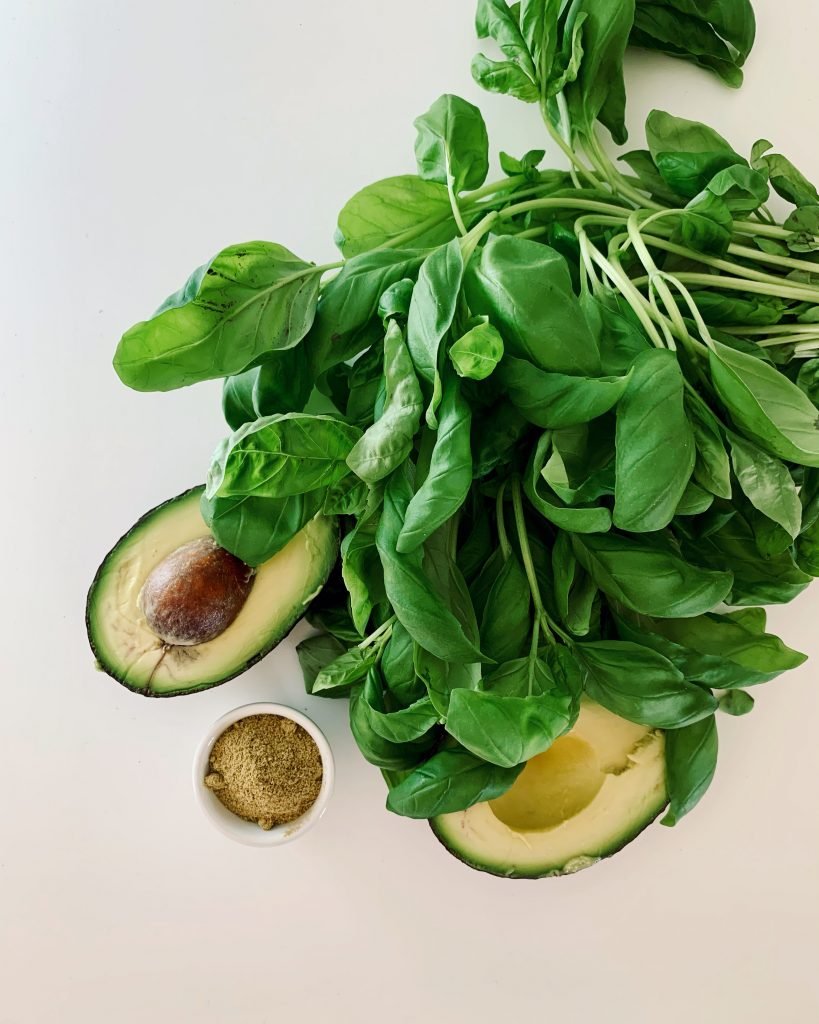Everyone who starts out cooking has many questions about the process of cooking and what they can do to make it easier and fool proof. Whether you’re a seasoned cook or just starting out, there are always things to learn when it comes to cooking. Below are some tips and tricks that will help take the guess work out of cooking, making it stress free and more fun!

1.) Ingredients are key!
Make sure when you’re cooking that you use quality ingredients. This means that you want to be buying fresh produce, grass-fed meats without hormones or antibiotics, wild fish, good wine, and brands that contain very minimal ingredients and are Non GMO. Shop your local farmers market to find the best produce and local brands. Also, do some research to find out if you have local fish and meat markets in your area. Using the best ingredients are not only good for you, but will make the difference in taste for your dish.
2.) Have a good spice collection.
If you were to walk into my kitchen right now you would see that my spice cabinet is basically bursting from the seams. Now that’s not what everyone needs in their kitchen, but every cook should have some common spices in their cabinet. The staple spices that you should have are: cumin, coriander, cayenne pepper, paprika, rosemary, thyme, nutmeg, oregano, garlic powder, seasoning salt, sea salt, and of course fresh ground pepper.
3.) Use quality oils that are healthy!
The two main oils that every cook should have in their cabinet are, Avocado Oil and Olive oil. Both oils are not only healthy oils, but they are great for cooking.
Avocado Oil is great for every day cooking. This oil is a high heat oil that is perfect for sautéing, roasting, frying, and searing. This oil is full of good fats that have been shown to be much healthier than other oils.
Olive Oil is another oil that is healthy for you and is great for salad dressings, marinades, drizzling, and cooking.
4.) Kitchen Tools
When cooking it’s important to have the right cooking tools is essential. You don’t have to spend an arm and a leg on equipment, but there are some items that every cook should have in their tool box. Here is a basic list of tools that every cook should have:
- good set of pots and pans
- kitchen knives
- mixing bowls
- measuring cups/spoons
- small bowls/cups for ingredients
- wooden spoons
- spatula(s), whisk, rolling pin
- garlic press
- cutting board
- food processor/blender
- hand blender (optional)
5.) Organization is key
When cooking in the kitchen it’s a good idea to make sure your kitchen is well organized. Cooking tools should be placed strategically so they are easily accessible when creating meals. For example, keep your butcher block of knives near your cutting board, spices should be close to the stove so they can be added to a recipe if needed, mixing bowls and other baking items should be in the same area, etc. Whenever cooking it is always a good idea to clean as you go. Keeping your work space neat and tidy will ensure the preparation of your meal is easy and effortless.
6.) Always dry your steaks before searing them
One of the easiest tasks that you can do to cook a good steak is first, remove excess liquid from the steak after taking them out of the wrapper. Use a paper towel to pat them dry and then place the steaks on a plate to rest for 15-20 minutes before cooking. Removing the liquid will help create a nice crust on your steak and give a beautiful presentation.
7.) Never cut into a steak while it’s still cooking
You never want to cut a steak open while it’s cooking to check for doneness. I used to do this when I first started cooking and would ruin my steaks. All of the juices would come out and the steak would be as dry as the desert. To check if a steak is cooked to your preferred temperature you want to use the press method. Lightly press into the middle of the steak with a spoon or tongs. The softer/easier it is to press on the steak the more rare it is. The firmer/harder the steak is when you press on it means it’s more on the well done side. You can also buy a no contact food thermometer that will give you an idea of what the temperature of your meat is.
8.) Prep your ingredients before you start cooking
When creating a meal in your kitchen I find it much easier to prep all of the ingredients before starting to cook. This will prevent your food from burning or becoming overcooked, plus it also makes the cooking process less time consuming and more efficient. It’s a way to make creating a meal stress free and easy! Using small ingredient bowls help to organize each ingredient so they are ready and waiting for when it’s time to add them to your recipe.Try to clean as you go to keep your kitchen tidy. Doing this will help to make clean up a breeze, making you or your husband’s life a whole lot easier.
9.) Multi-Tasking is key
Whenever you are thinking about making an entire meal for your family, make sure to read through the steps of a recipe carefully to make a game plan on how you’re going to create that meal. It’s crucial to use your time wisely and multi-task to ensure that you’re efficient and timely in the kitchen. This means thinking about your meal as a whole and figuring out which dish you need to start first, so that when one dish is simmering or baking you can start cooking the second dish, and so on…
For example, if I am making Moroccan Chicken I will start cooking the entree first and then while the chicken is simmering in the pot I will cook my rice and veggies. Multi-tasking also helps to have every dish done at the same time so you can serve a hot meal to your family or guests.
10.) Taste Test!
Tasting your meal as you cook is crucial! When cooking you want to taste the dish several times before adding more seasoning. My rule of thumb is always to start slow and add more if you need it. It’s better to under salt/season a dish than to over salt/season it. Depending on what type of recipe you’re creating there is sometimes a natural salt that comes from the meat/fish, chicken stock, or cheese that will add flavor to your dish. Also, have someone in your household come and taste the meal as well to give their opinion. Everyone has a unique palate and can offer a different perspective on how the ingredients taste.


